Optimal Timing for Storm Restorations
Storm restorations are most effective when performed during periods of mild weather conditions, typically outside of peak storm seasons. Timing restorations after storms have passed allows for thorough assessments and repairs, minimizing further damage. Proper scheduling ensures that damages are addressed promptly, reducing the risk of secondary issues such as mold or structural deterioration.
Conducting inspections immediately after a storm helps identify damage early, enabling timely restorations and preventing escalation of issues.
Scheduling restorations during the off-season, such as late spring or early fall, can reduce costs and avoid delays caused by high demand during peak storm periods.
Performing restorations during dry, calm weather reduces risks associated with working in adverse conditions and ensures quality work.
Pre-storm preparations, including reinforcing structures and securing vulnerable areas, can mitigate damage and facilitate quicker restorations afterward.
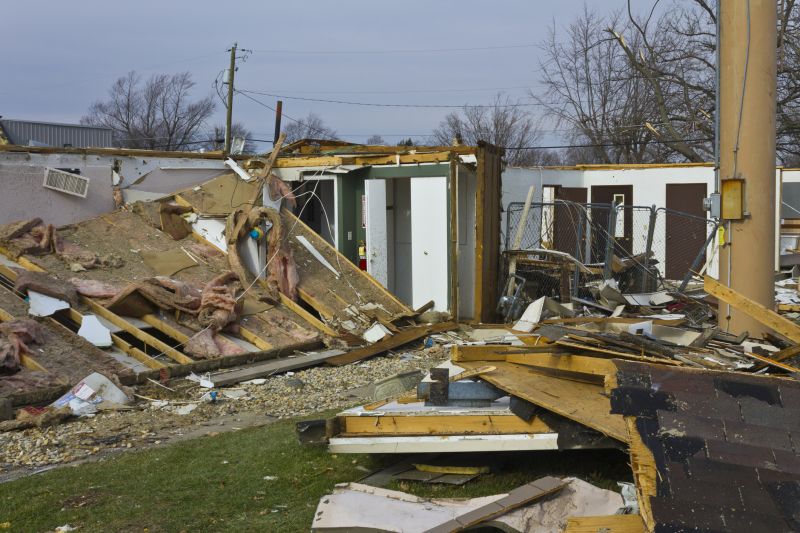
Ways to make Storm Restorations work in tight or awkward layouts.
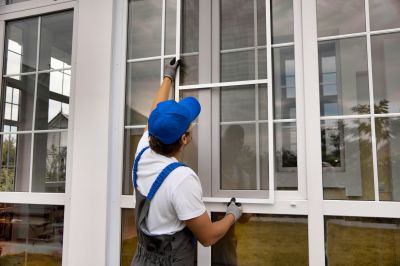
Popular materials for Storm Restorations and why they hold up over time.
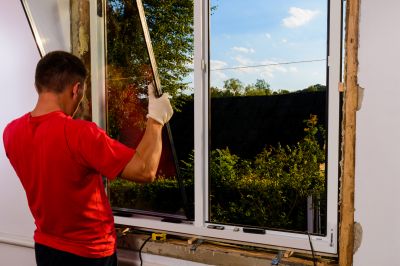
Simple add-ons that improve Storm Restorations without blowing the budget.
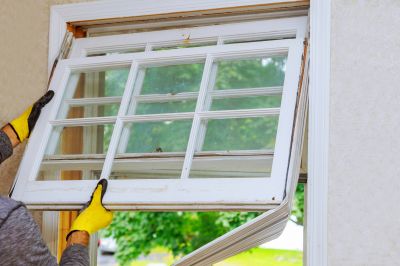
High-end options that actually feel worth it for Storm Restorations.
Storm restorations encompass a range of repairs aimed at restoring damaged structures caused by severe weather events. These repairs often include roof replacements, siding repairs, window reinforcements, and structural assessments. The goal is to ensure safety, stability, and durability of the property following storm-related impacts. Timely intervention can significantly reduce repair costs and prevent further deterioration.

Finishes and colors that play nicely with Storm Restorations.
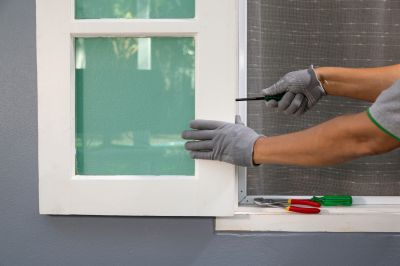
Little measurements that prevent headaches on Storm Restorations day.
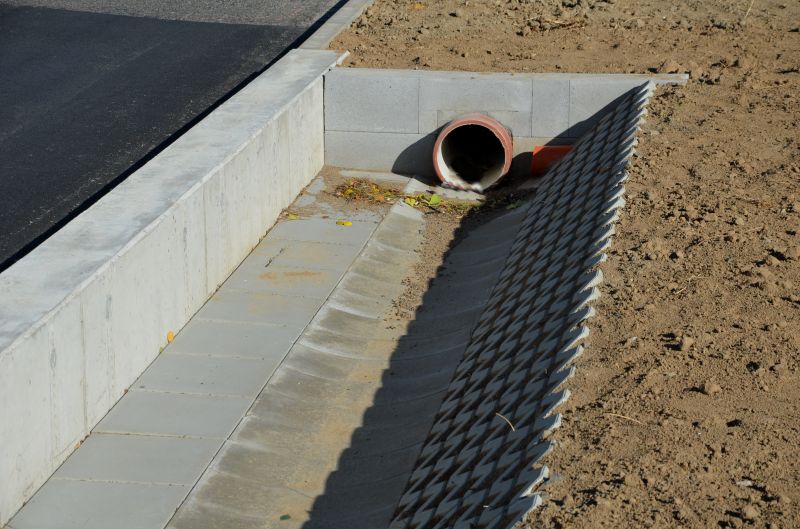
A 60-second routine that keeps Storm Restorations looking new.
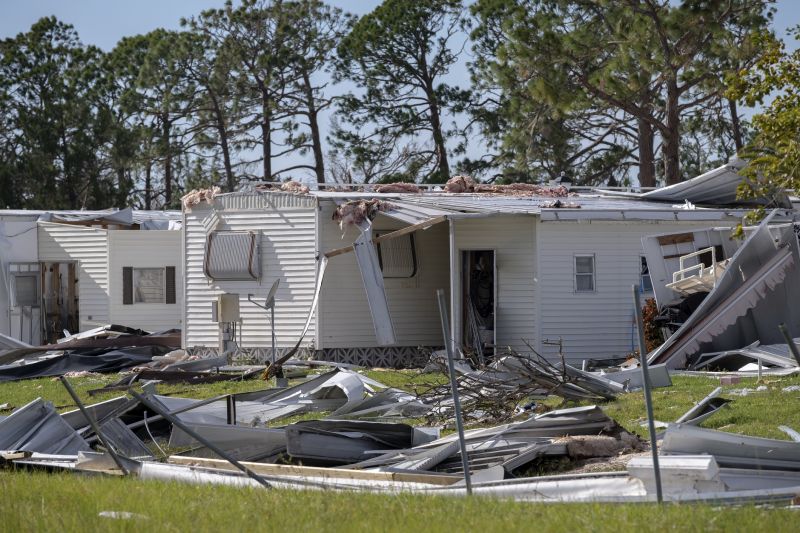
A frequent mistake in Storm Restorations and how to dodge it.
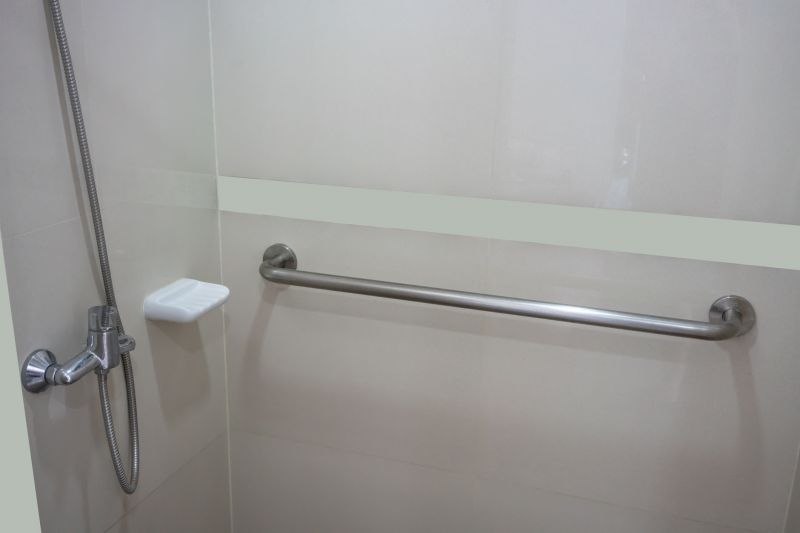
Small tweaks to make Storm Restorations safer and easier to use.
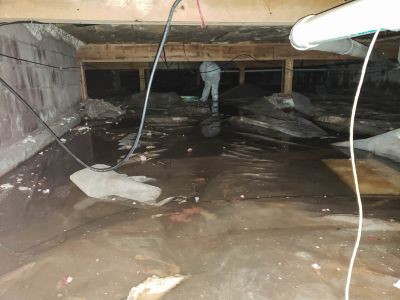
Lower-waste or water-saving choices for Storm Restorations.

The short, realistic tool list for quality Storm Restorations.
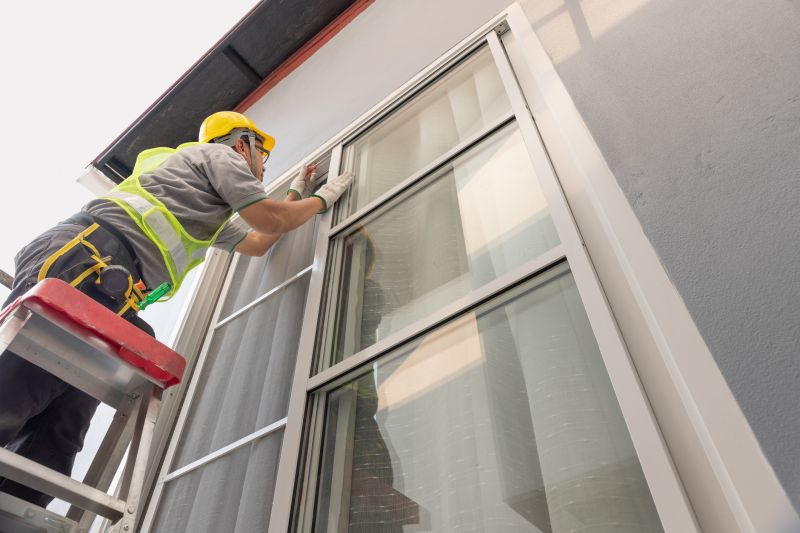
Rough timing from prep to clean-up for Storm Restorations.
| Storm Season | Optimal Restoration Period |
|---|---|
| Spring | Late spring to early summer |
| Summer | Late summer to early fall |
| Fall | Immediately after storm events |
| Winter | Limited to emergency repairs |
| Off-Peak Months | Spring and early fall |
Understanding the timing for storm restorations can optimize outcomes, reduce costs, and improve safety. Planning ahead and scheduling repairs during suitable weather windows ensures that restoration work is completed efficiently and effectively.
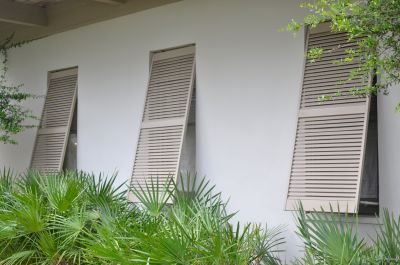
Quick checks and paperwork to keep after Storm Restorations.
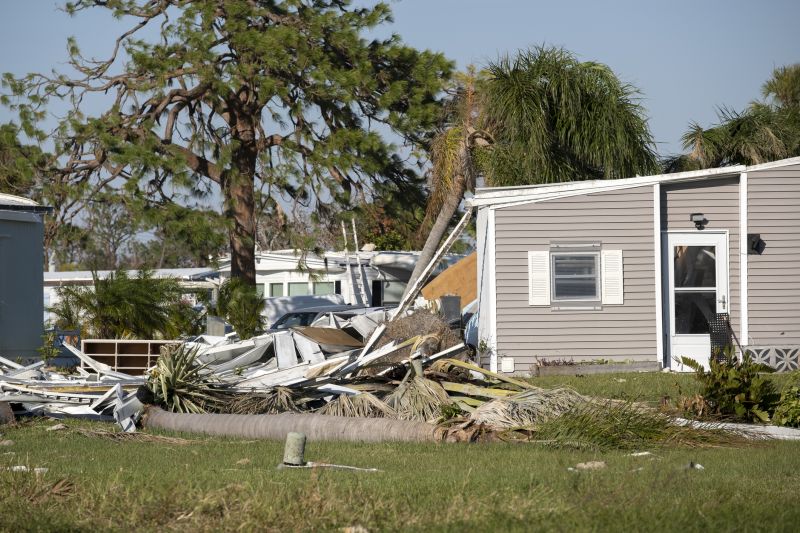
Examples that show the impact a good Storm Restorations can make.

Ways to make Storm Restorations work in tight or awkward layouts.
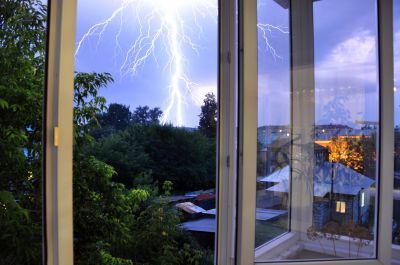
Ways to make Storm Restorations work in tight or awkward layouts.
For property owners in South Zanesville, Ohio, understanding the best timing for storm restorations can minimize disruption and ensure structural safety. Consulting with restoration professionals can help develop a tailored plan aligned with local weather patterns and storm seasons.
Interested in storm restoration services? Fill out the contact form to receive more information and assistance with planning and executing repairs promptly after storm events.
